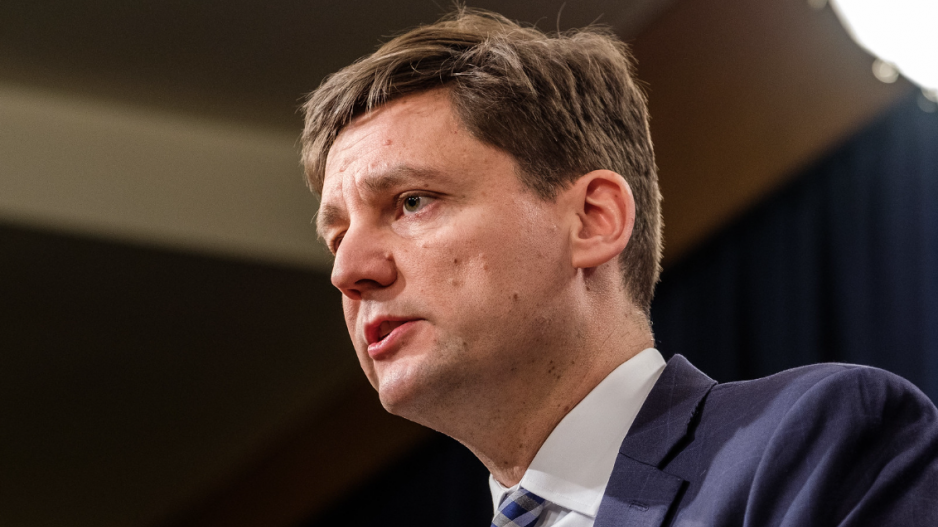I know that sounds like a strange question but in analyzing any budget by any level of government, I think it is important to recognize a budget means many different things to different people. Or perhaps a better way of saying it is that a budget can be interpreted in various ways, depending upon your point-of-view.
For the governing party – any governing party – a budget is a statement of broad intent. Saying they are going to spend $28.674 billion on the Ministry of Health is, at best, an approximation. There are certain fixed costs in the health care systems – wages, the cost of electricity, janitorial supplies – but many of the costs are variable – such as the cost of heating and lighting hospitals, the number of patients attending an ER, or the costs incurred because of a pandemic. At best, the costing model makes predictions and the government draws up a budget to ensure the prediction is met.
For the opposition, a budget is a promise - $28.674 billion will be spent on health and not a penny more nor a penny less. Overspending is met with comments about fiscal responsibility and questions about where the money went. Underspending leads to the question of why wasn’t the money spent when so many are in need? How can we have a surgical backlog if the ministry has a surplus?
For the public, a budget is an overwhelming statement of just how much of our money the government is spending. And although no one is likely to disagree with $28.674 billion for health care, the release of a government’s budget always generates anger over wasted spending. People love to comment about spending on hospitals, schools, highways, flood control, policing, mental health, forestry jobs, provincial debt, etcetera. Ask anyone and you can always find things they are for and things they are against. Generally, in the public eye, governments never get it right.
For a columnist? A budget is a chance to talk about money matters and to see what a government’s priorities are. What do we get for our money?
In the end, though, it is not the budget that matters. It is the actual spending. That is where the rubber hits the road.
Todd Whitcombe is a chemistry professor at UNBC.




